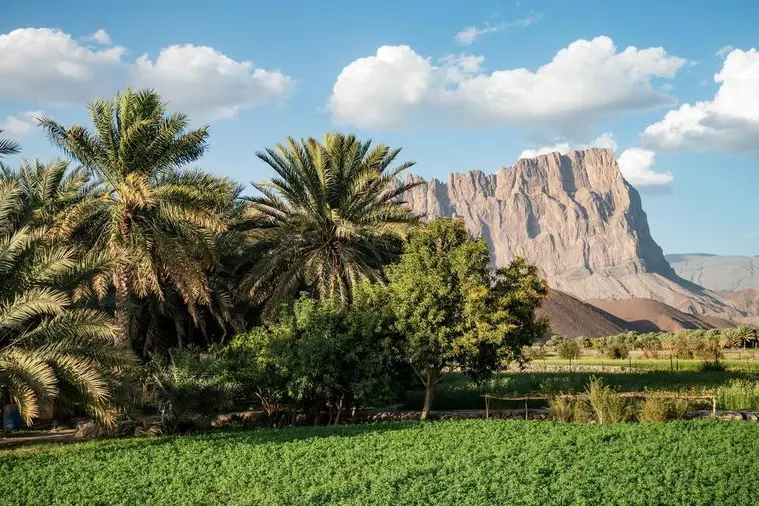PHOTO
Muscat – In a bid to strengthen food security and boost local agricultural output, the Ministry of Agriculture, Fisheries, and Water Resources (MAFWR) has signed an agreement for cultivation of onions on over 20 hectares of land in the wilayat of Dhank, in Dhahirah governorate.
The initiative, to be funded by the Agricultural and Fisheries Development Fund, is expected to contribute significantly to reducing the sultanate’s reliance on imported onions.
The ministry, represented by the Directorate General of Agriculture and Water Resources in Dhahirah, signed the agreement with Dhank Agricultural Production and Marketing Company, an official informed.
Under the pact, the ministry will offer both technical and financial support for the cultivation of red onions using modern farming techniques.
This project is part of a broader effort between the company and the Ministry of Housing and Urban Planning, aimed at developing an onion cultivation project covering over 400 hectares in Dhahirah governorate. The initiative is projected to produce around 700 tonnes of red onion annually, helping to meet the demands of the local market and reduce imports.
Eng Salem bin Ali al Amrani, Director General of Agriculture and Water Resources in Dhahirah, stated that the project aligns with the ministry’s goals under Oman Vision 2040 to increase self-sufficiency in key crops like onions. He highlighted that this effort marks a critical step toward boosting agricultural production across the country.
Adel bin Nasser al Hasani, representing Dhank Agricultural Production and Marketing Company, noted that the partnership with the ministry reflects a shared commitment to enhancing local food production and strengthening the role of the private sector in agriculture.
According to the National Center for Statistics and Information, Oman had over 3,600 hectares dedicated to onion cultivation in 2022, with an annual production of nearly 15,000 tonnes, representing 14% of the country’s total consumption of this crop.
The new Dhank project is expected to further increase these numbers, contributing to the overall goal of reducing reliance on imported produce.
© Apex Press and Publishing Provided by SyndiGate Media Inc. (Syndigate.info).





















